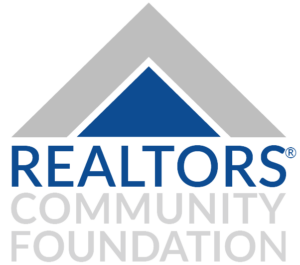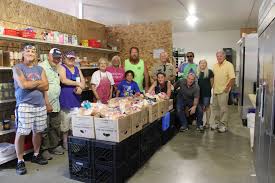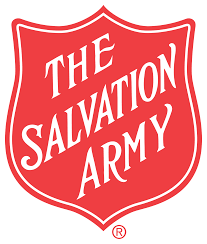The Salvation Army is requesting help to purchase workbooks for our “Getting Ahead” group for the 2025 year. The workbooks are a critical part of our group and go directly to client as they attend the group and to keep upon graduation.
Our “Getting Ahead” program, launched in 2016, is a specialized housing counseling initiative that addresses the deep-rooted issues behind housing instability, helping individuals secure and maintain stable housing by breaking the cycle of poverty. Unlike typical financial literacy or life skills classes, “Getting Ahead” is structured around Dr. Ruby Payne’s research, which highlights that poverty is the lack of critical resources—not just money, but also the educational, emotional, and social tools essential for stable housing.
This 12-week, 40-hour program provides a unique counseling experience in a welcoming, conversational setting where participants are treated as experts in their own lives. The focus is on building housing stability by helping participants understand how poverty-driven behaviors—often focused on solving immediate crises like overdue rent or avoiding eviction—make it difficult to plan for long-term housing security. Through guided discussions, participants map out their own experiences with housing instability and identify gaps in the resources needed to achieve stable housing.
“Getting Ahead” helps participants shift their perspective from crisis-based problem-solving to sustainable planning, giving them tools to prioritize and stabilize their housing situations. Through self-assessments, personal resource inventories, and targeted counseling, they gain insights into how the lack of specific resources contributes to housing instability. This approach empowers participants to build a “future story” that includes realistic steps toward securing affordable, long-term housing. By addressing the mindset and structural factors that perpetuate housing insecurity, “Getting Ahead” equips individuals with the resilience and strategies needed to overcome the cycle of poverty and achieve lasting housing stability.
The Pathway of Hope program in Boise, Idaho, has transformed the life of Ms. Jones and her two children. After two years of homelessness following her boyfriend’s arrest, Katie connected with The Salvation Army. With help from this program, she had transitioned from a homeless shelter to her own apartment. The Case Manager was instrumental in guiding Ms. Jones on her journey, assisting her in setting goals, finding resources, and addressing various issues.
In addition to weekly meetings she attended the course “Getting Ahead in a Just Gettin’ By World,” which focuses on housing stability through breaking the cycle of poverty and building a better life. She is now in her own apartment and set to train in medical billing and coding, testifies to the life-changing impact of the Pathway of Hope program.







